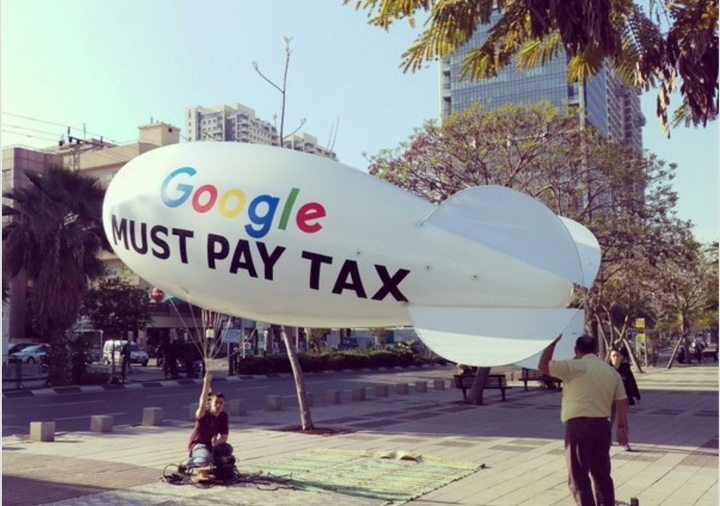
Kisch is currently in the process of drafting a bill that would address this issue, and as such, it’s not yet clear whether Israeli consumers would have to pay VAT on products that they buy from foreign companies that do not have offices in the country. But regardless, Kisch says, “the law should not differentiate between major companies and small businesses.”
In an interview with the Jerusalem Post, the politician asserted that, “International corporations, which earn massive sums from Israelis, must pay VAT like any other company in Israel. A free market does not mean anarchy. This is a matter of hundreds of millions of shekels that could be used for welfare, health, and education, money that is currently flowing out of Israel.”
A number of tech companies (including Google) have previously been accused of avoiding taxes in foreign offices (or really, basing the location of their multinational offices based on the respective tax codes). But Google insists that it has always paid taxes as per local government rules. In response to Kisch’s most recent proposal, a Google spokesperson said, “Governments make tax law, the tax authorities independently enforce the law, and Google complies with the law in every country in which we operate, including in Israel.”
And if they don’t, Google may wind up seeing a lot more blimps asking them to cough up money.
Editors' Recommendations
- PayPal vs. Google Pay vs. Venmo vs. Cash App vs. Apple Pay Cash
- Google enforces its 30% tax for app makers who want to sell on the Play Store
- Google will pay publishers in bid to compete with Apple News
- Google Fi finally gets an unlimited data plan … but read the fine print
- The IRS is cracking down on people who didn’t pay taxes on Bitcoin earnings


